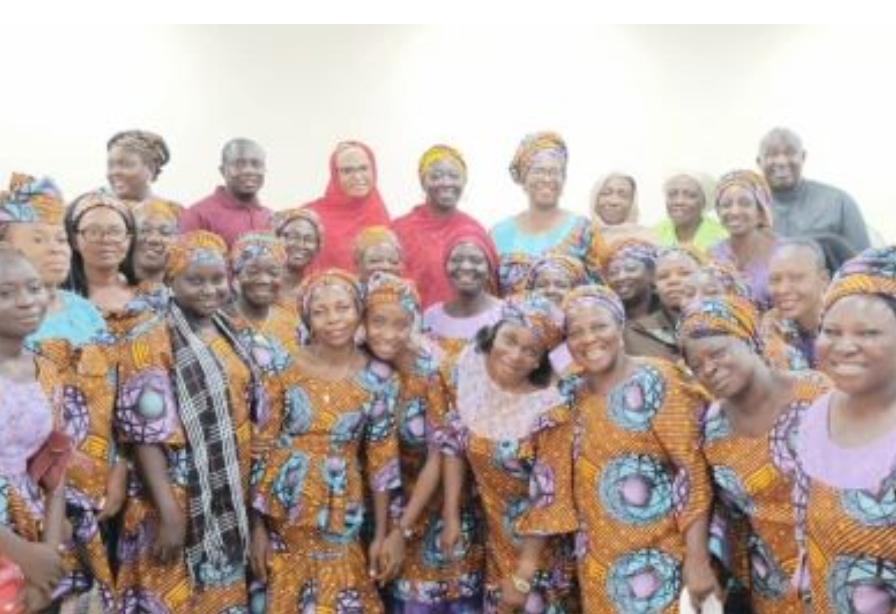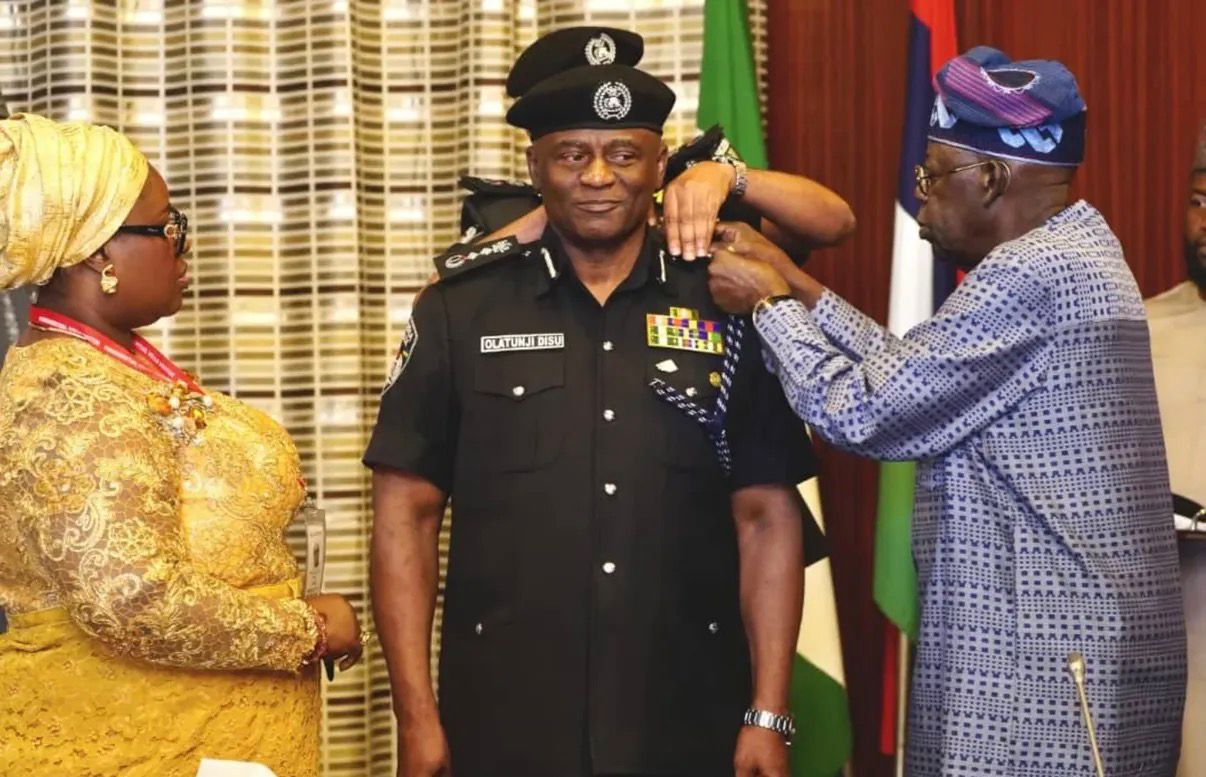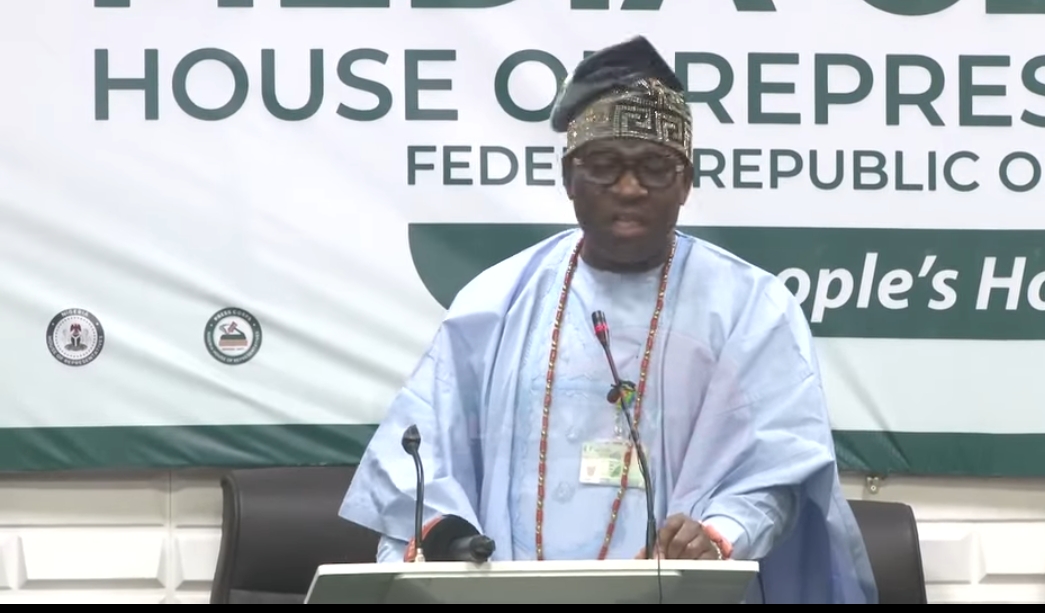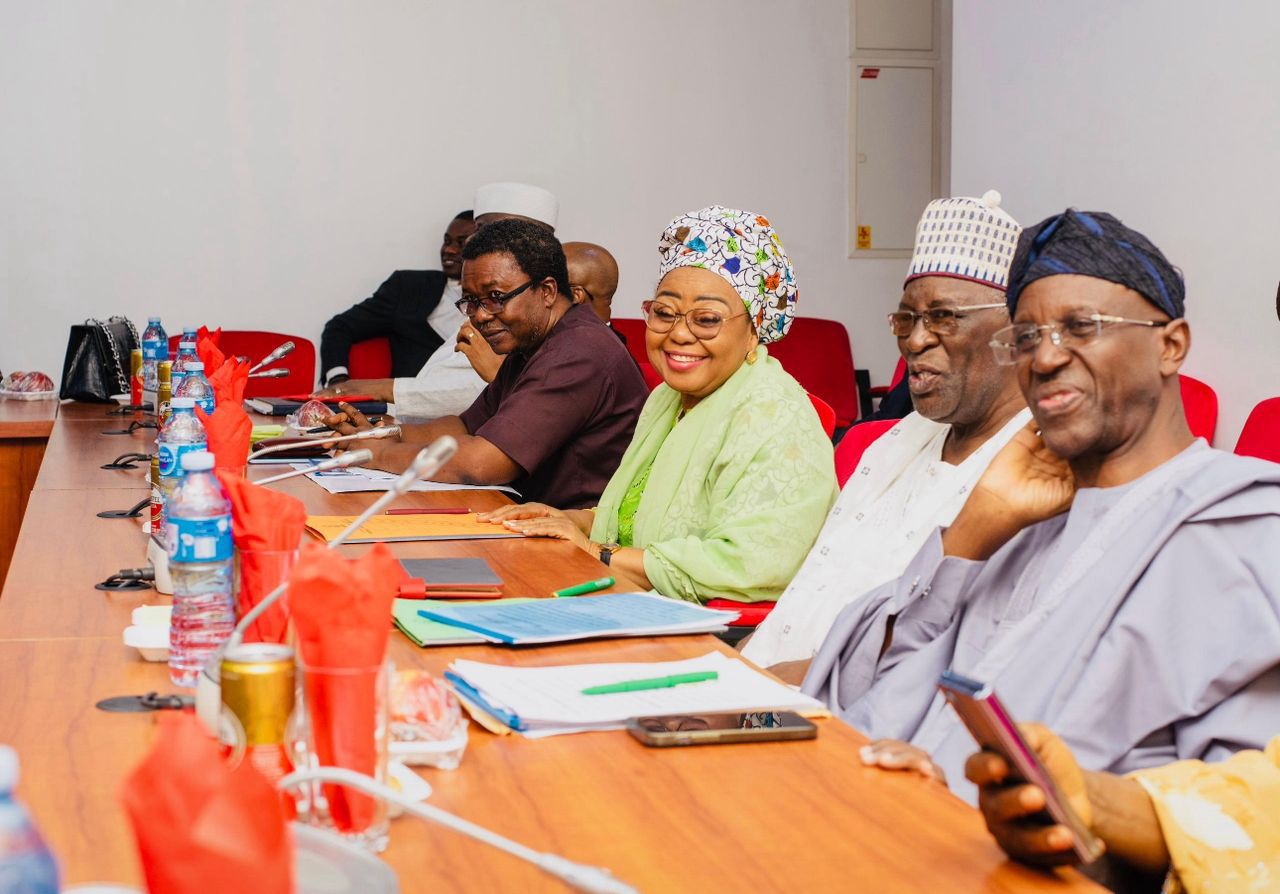
Justice for Widows hosts virtual webinar, calls for govt intervention.
Justice for Widows hosts virtual webinar, calls for govt intervention.
By Fashina Shakiru
A non-governmental and non-profit organisation, Justice for Widows, has urged the widows across the country to stand for their rights and seek government policy intervention to bring justice.
The Executive Director of the NGO, Dr. Omolola Omoteso, made this known during the fifth edition of the Justice for Widows Press Conference held virtual webinar on August 18, 2024, tagged “Walk With Widows Initiative.”
According to her, “the call to action emphasises that widowhood is a calling, not a curse. It calls for legal reform to end disinheritance, discrimination, and dehumanisation of widows. Organisations should seek funding and collaborate, consider having communication, counselling, and consultancy offices in ministries of women affairs, support widows’ rights, and strengthen the marriage certificate. Supporting widows and their children can mitigate kidnapping and terrorism, as unsupported widows and orphans can become easy targets for criminals.”
The widows face discrimination, fear of becoming widowed, and a sense of entitlement. They often beg for help from credible groups like Walk With Widows and Widows Rejoice Mission. Lawyers may flee or compromise, and there is a lack of activists and advocates to help them, Omoteso explained.
Omoteso, who said that the NGO set to assist and discussing issues of widow abuse, the poor, especially seeking justice for wisdom about inheritance rights of their children, said that the NGO had made tremendous impact through its members’ efforts to fight and advocate Justice for Widows.
She emphasised policy change and legal reform for widows, advocating for justice, welfare, and criminalising abuse, and provided essentials for crisis management. NGOs face challenges in fundraising, focussing on feeding and clothing instead of empowerment and policy change. Partnerships have worked, but media “noise” hasn’t led to policy change or judicial action. Widows’ preference for silence works against cause, Omoteso noted.
The challenges face such as lack of access to widows for interviews, discriminatory media policies that prevent court cases from being processed or published, pressure on widowhood coverage in media houses, threats to journalists covering stories of abuse, and the need for stories focussing on policy change and achieving legal reform to end disinheritance, discrimination, and dehumanisation of widows.
In goodwill messages shared by various individuals, including the Executive Director of Human Development Initiatives, the Executive Director of Widows Rejoice Mission, and representatives from various government agencies, media, and women’s organizations. They acknowledged the efforts of civil societies and the sacrifices made by those who continue to support widows, including the Walk With Widows Initiative.
Commentary’s stories of Ms. Efemena Ogundana, Mrs. Adetutu Banjo, Mrs. Ayakpat, and Mrs. Omonike Olatoke highlight the abuse, abandonment, and neglect faced by widows.














Post Comment